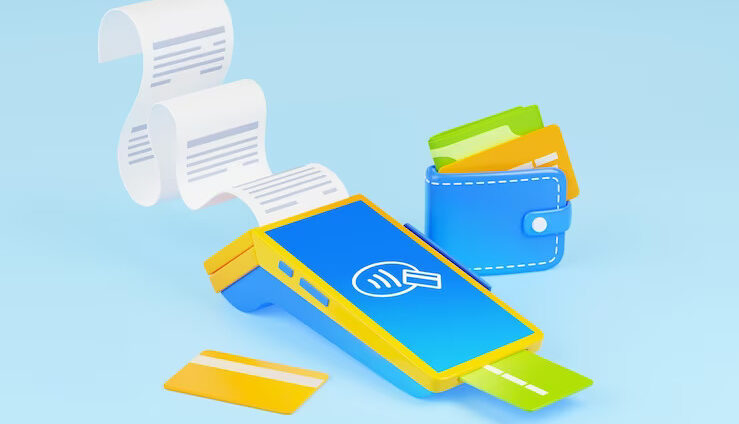- 1.1 Automated Data Entry
- 1.2 Real-Time Validation
- 1.3 Integration with ERP Systems
- 1.4 Bulk Generation and Printing
- 1.5 User-Friendly Interface
- 1.6 Document Storage and Retrieval
- 1.7 Regular Updates and Compliance
How e-Way Bill Software Simplifies Compliance
The Goods and Services Tax (GST) system has revolutionised tax administration in India. However, it has also added certain complications, especially when creating e-Way Bills for the movement of products. e-Way bills are required records describing product delivery and are essential to GST compliance. Businesses are using e-Way Bill software to efficiently and effectively navigate this environment. This article examines how e-Way Bill software makes compliance easier and drastically lowers errors.
Automated Data Entry
e-Way Bill software makes compliance easier by automating the data entry procedure. Businesses can simply fill out e-Way Bills with precise data using automated software, lowering the chance of errors and the ensuing costs associated with non-compliance.
Real-Time Validation
Real-time validation is one of the main benefits of e-Way Bill software. It guarantees that the information entered into the system complies with the guidelines established by the tax authorities. The software promptly notifies users of any problems or discrepancies in the supplied information, allowing them to make necessary modifications before generating the e-Way Bill. This feature avoids problems before they arise, such as during tax audits or inspections.
Integration with ERP Systems
Enterprise Resource Planning (ERP) systems can be easily integrated with several e-Way Bill software solutions. This integration streamlines the procedure even more by retrieving transaction data directly from the ERP and obviating the need for manual data entry. In addition to saving time, it guarantees the correctness and consistency of the data.
Bulk Generation and Printing
Companies must frequently create several e-Way Bills simultaneously, which can be challenging without the correct tools. e-Way Bill software is effective for organisations with high transaction volumes because it enables bulk creation and printing. Companies involved in supply chains and logistics will particularly benefit from this capability.
User-Friendly Interface
Most e-Way Bill software has intuitive user interfaces that require no training. Business owners and their personnel can easily become accustomed to the program and begin producing e-Way Bills. This lessens the learning curve and reduces the possibility of mistakes brought on by manual inefficiency.
Document Storage and Retrieval
Software for e-Way Bills frequently includes document storage features. This enables the secure storage and quick retrieval of generated e-Way Bills and associated documents. It makes recordkeeping audits easier and ensures adherence to document retention laws.
Regular Updates and Compliance
Tax rules and regulations are subject to rapid modification. Software suppliers of e-Way Bills often update their systems quickly to reflect these changes. The software’s users may rely on it to keep them in line with the most recent GST legislation, lowering their risk of non-compliance and the ensuing fines.
Conclusion
e-Way Bill software has become essential for companies of all sizes in the era of the GST and digital taxation. Automating data entry, enabling real-time validation, integrating with ERP systems, permitting bulk generation, and delivering user-friendly interfaces make compliance easier. It also improves document retrieval and storage capabilities, ensuring that firms are audit-ready. This software equips firms to successfully manage the complexity of GST compliance by lowering errors and streamlining the e-Way bill-generating process.
FAQs
What is an e-Way Bill?
An e-way bill is a document that must be carried by the driver of any vehicle transporting a consignment of products with a value greater than 50,000 rupees.
How can e-Way Bill software eliminate e-Way Bill generation errors?
Errors are decreased with e-Way Bill software’s automated data entry, real-time information checking, and user-friendly interfaces. By preventing frequent errors like inaccurate tax calculations or data gaps, which might result in compliance problems, it aids users in avoiding errors.
Which transactions require an e-Way bill?
e-Way bills are required for all transactions involving the transportation of commodities, including outbound supplies made inside the State or across state lines, as well as incoming supplies made within the State or across state lines, including those made by unregistered individuals or for purposes other than supply.
Is an e-Way bill necessary for every shipment of goods being transported?
All items, except those excluded according to the notifications or laws, must be transported with an e-Way bill. In some circumstances, an e-Way bill may be required to move goods for job work or handicraft purposes even when the consignment’s worth is less than 50,000 rupees.
